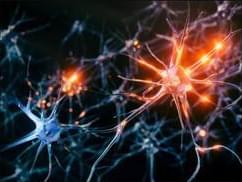Whether it’s a first-time visit to a zoo or when we learned to ride a bicycle, we have memories from our childhoods kept well into adult years. But what explains how these memories last nearly an entire lifetime?
A new study in the journal Science Advances, conducted by a team of international researchers, has uncovered a biological explanation for long-term memories. It centers on the discovery of the role of a molecule, KIBRA, that serves as a “glue” to other molecules, thereby solidifying memory formation.
“Previous efforts to understand how molecules store long-term memory focused on the individual actions of single molecules,” explains André Fenton, a professor of neural science at New York University and one of the study’s principal investigators. “Our study shows how they work together to ensure perpetual memory storage.”










Leave a reply